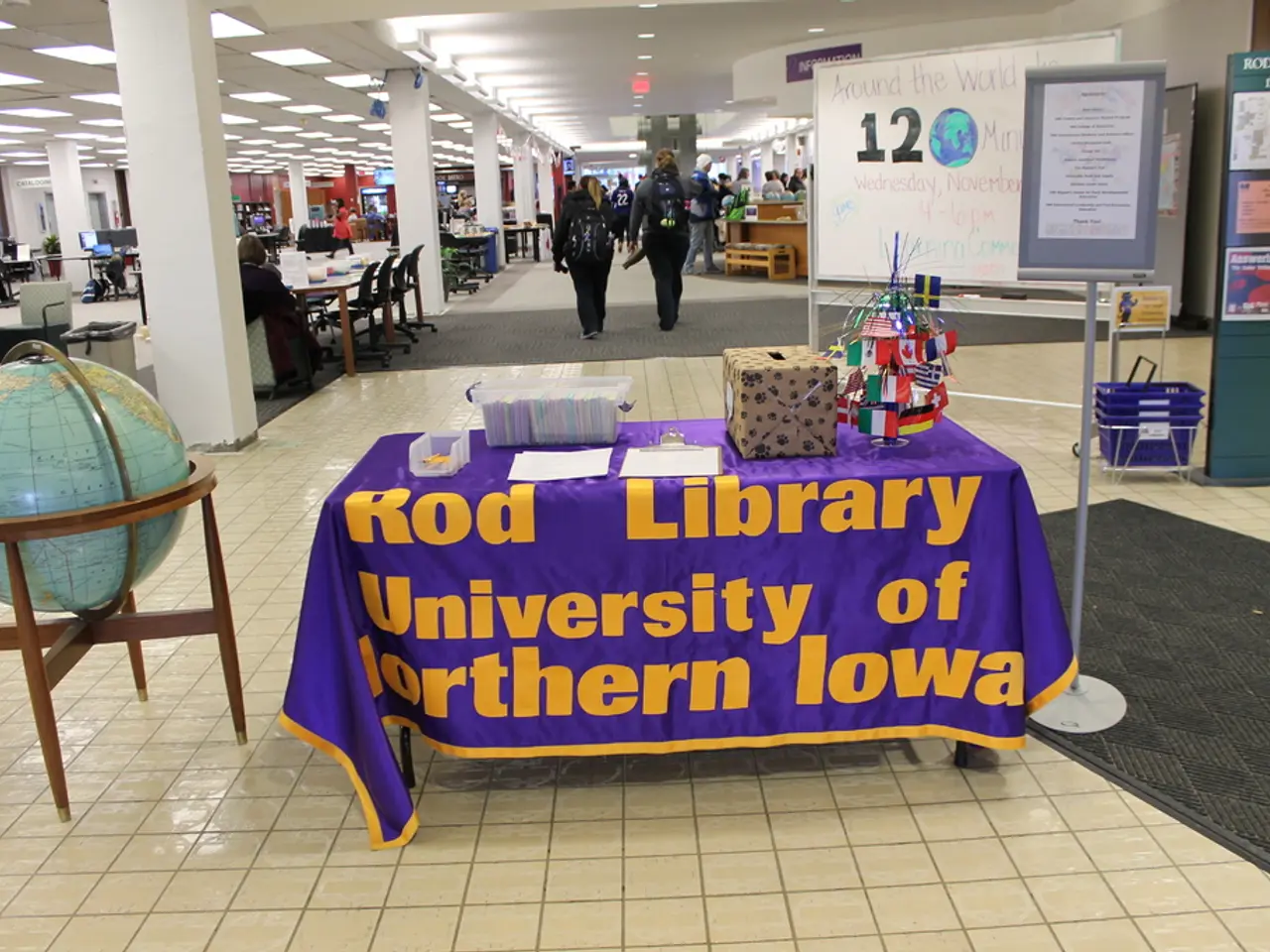Federal Judiciary Declines LA Landlords' Appeal on COVID-19 Eviction Restriction Order
In a recent decision, the Supreme Court of the United States declined to hear an appeal from Los Angeles landlords who sued the city for $20 million, claiming unpaid rent during the COVID-19 pandemic emergency. The landlords, who rent over 4,800 units in luxury apartment communities to predominantly high-income tenants, argued that the city's measures violated their property rights.
The city's emergency measures, aimed at preventing tenants from becoming homeless during the pandemic, protected only those who could "prove COVID-19 related economic hardship," and did not excuse any rent debt that an affected tenant accrued. The landlords contended that the city's coronavirus response costs were foisted onto housing providers, resulting in a substantial back rent owed by their tenants, which had ballooned to over $20 million by August 2021.
The Supreme Court's decision in **GHP Management Corporation v. City of Los Angeles** did not establish a new precedent for property rights during eviction moratoria under pandemic circumstances. Instead, it allowed lower court rulings to stand, effectively ending the challenge to Los Angeles' pandemic-era eviction ban. The 9th Circuit Court of Appeals had previously ruled that the moratorium did not constitute a government taking under the Fifth Amendment's takings clause, as it merely adjusted the landlord-tenant relationship during an emergency.
The decision highlighted a split among circuits regarding whether eviction bans qualify as physical takings. While the Ninth Circuit held that they do not, other circuits (like the Eighth and Federal) have ruled that such bans can be considered physical takings. Justices Thomas and Gorsuch indicated they would have reviewed the case, but their dissent did not alter the outcome.
Meanwhile, the city's measure was upheld by the federal judge in Los Angeles and the 9th U.S. Circuit Court of Appeals, citing decades of precedent that allows property regulation. The city argued that the landlords are seeking a "radical departure from precedent" in the area of property regulation.
In a separate ruling, the Supreme Court did rule 6-3 that California's "right of access" rule, inspired by Cesar Chavez and the farm workers union, violates property rights. However, this decision did not address the landlords' case regarding eviction moratoriums.
Lawyers for the landlords argued that bans on evictions are becoming the "new normal." They cited a Los Angeles County measure that would "preclude evictions for non-paying tenants purportedly affected by the recent wildfires." Despite this argument, the Supreme Court chose not to hear the landlords' appeal, leaving the city's emergency measures in place. The city said the COVID emergency and the restriction on evictions ended in January 2023.
City Atty. Mike Feuer stated that the measures were implemented to protect residential renters during the COVID-19 pandemic. The Supreme Court, with two conservatives in dissent, chose not to hear the landlords' appeal, reinforcing existing circuit court decisions and preserving the status quo regarding eviction moratoria during emergencies, at least in the Ninth Circuit.
- The Supreme Court's decision in GHP Management Corporation v. City of Los Angeles did not set a new standard for property rights during eviction moratoriums under pandemic circumstances, but rather allowed lower court rulings to stand, maintaining the current situation concerning eviction bans in emergencies.
- In a separate ruling, the Supreme Court established that California's "right of access" rule infringes on property rights, a decision that, however, did not pertain to the landlords' case regarding eviction moratoriums.
- Los Angeles landlords sued the city for $20 million, arguing that the city's emergency measures during the COVID-19 pandemic violated their property rights by requiring them to bear the costs of tenants' unpaid rent.
- The city of Los Angeles' eviction ban, aimed at preventing homelessness during the pandemic, was upheld by the federal judge in Los Angeles and the 9th U.S. Circuit Court of Appeals, citing decades of precedent that permits property regulation.
- Meanwhile, a Los Angeles County measure is proposed to preclude evictions for non-paying tenants purportedly affected by recent wildfires, a development that lawyers for the landlords argue signifies the increasing normalization of eviction bans.
- The city argued that the landlords are seeking a "radical departure from precedent" in the area of property regulation, and the Supreme Court's decision not to hear the landlords' appeal reinforced this existing circuit court decision and preserved the status quo regarding eviction moratoriums during emergencies.




